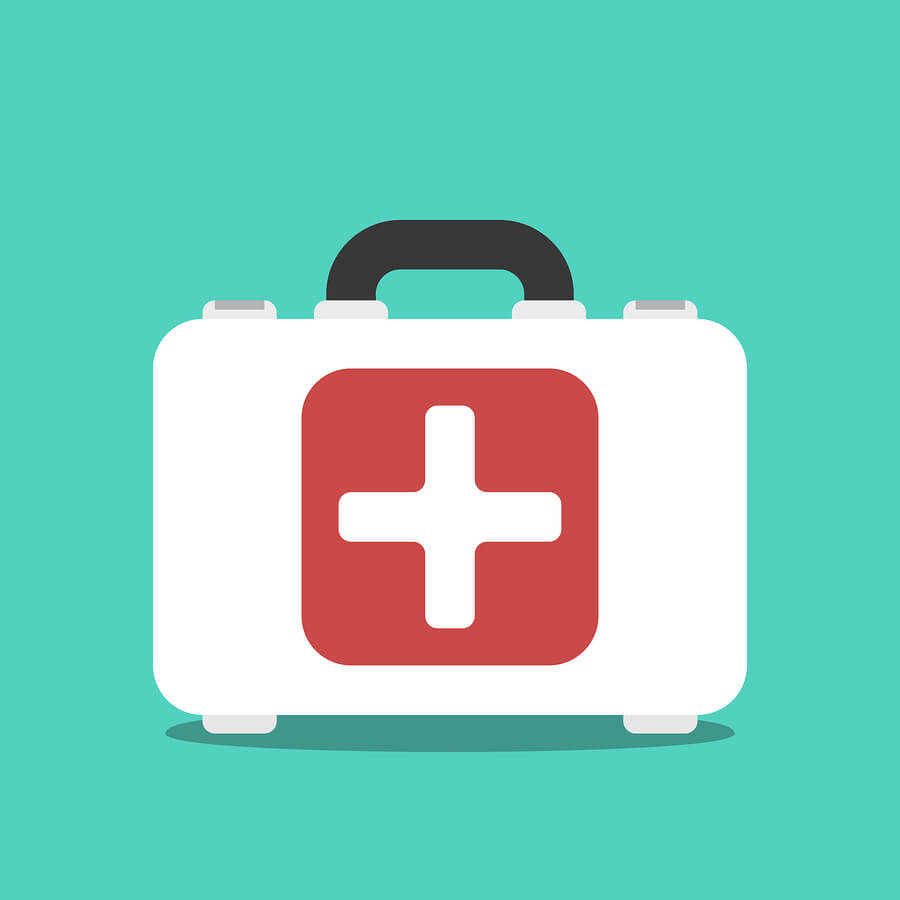For years, before the coronavirus pandemic, we advised clients to have important legal and health documents in a file or folder and to tell family members the location of the file so they were available in an emergency. The current pandemic has added a few extra dimensions to what you need to include if a loved one requires hospitalization.
Remember that visitors are NOT allowed in hospitals. It will become difficult, if not impossible, to get these items to your loved one and if they do not bring them with them when admitted to a hospital.
- Clearly written and UPDATED accurate list of medications: name, dose, frequency and name, and phone number of the prescribing doctor.
- The name of your primary treating physician, their office number, emergency number, office address.
- Legal documents including Health Care Proxy, Advance Directive, and/or POLST (Physicians Orders for Life-Sustaining Treatment, printed on a single sheet and in a bright or neon color).
- A complete and updated written list of emergency contacts and phone numbers, including the password for your phone. Remember, you may be unconscious; your phone may be locked. There will be no way for medical staffers to contact your next of kin.
- If you have a pacemaker or defibrillator: a copy of the pocket information card that states the brand, model number, MRI compatibility. The same goes for any medical device, like a port or pump.
- If you use inhalers, bring them.
- Extra batteries for hearing aid or other medical devices.
- Prescription eye drops. Hospitals don’t carry most.
- Bring a cell phone charger. Bring a spare if you can, and if you have extra batteries, bring those too.
- Inexpensive headset.
- Pack up a toothbrush, toothpaste, underwear in a plastic bag, and any hair items you need.


